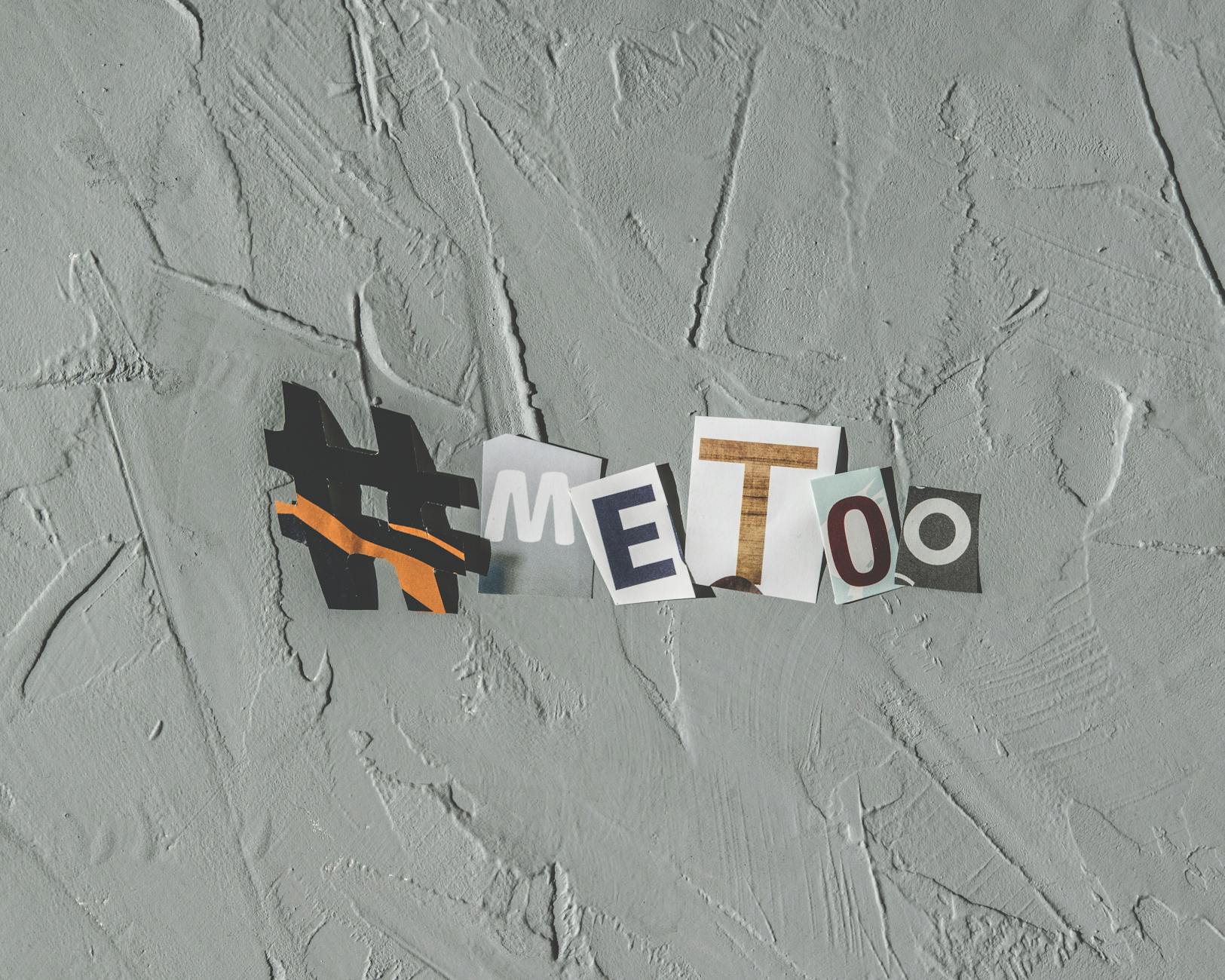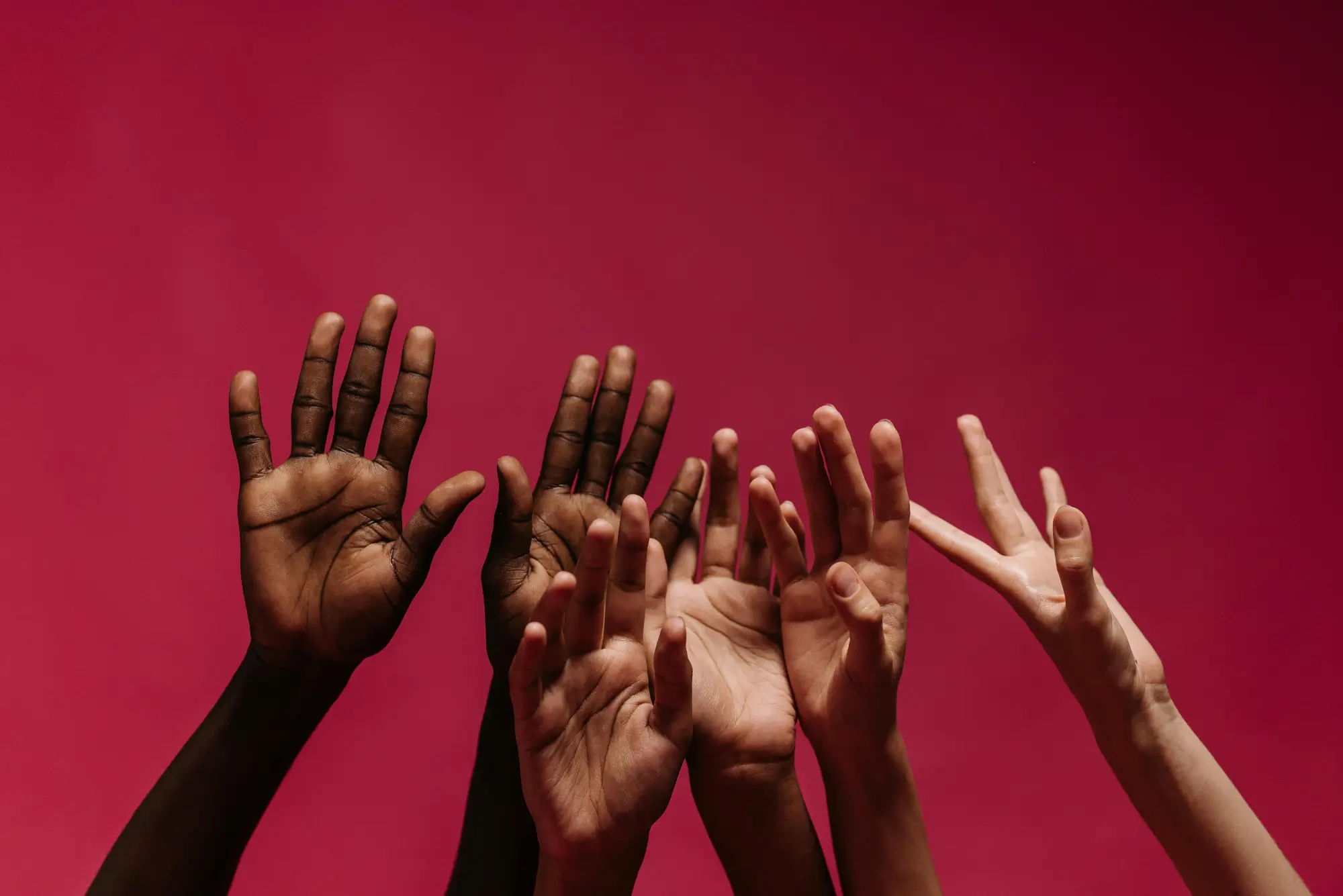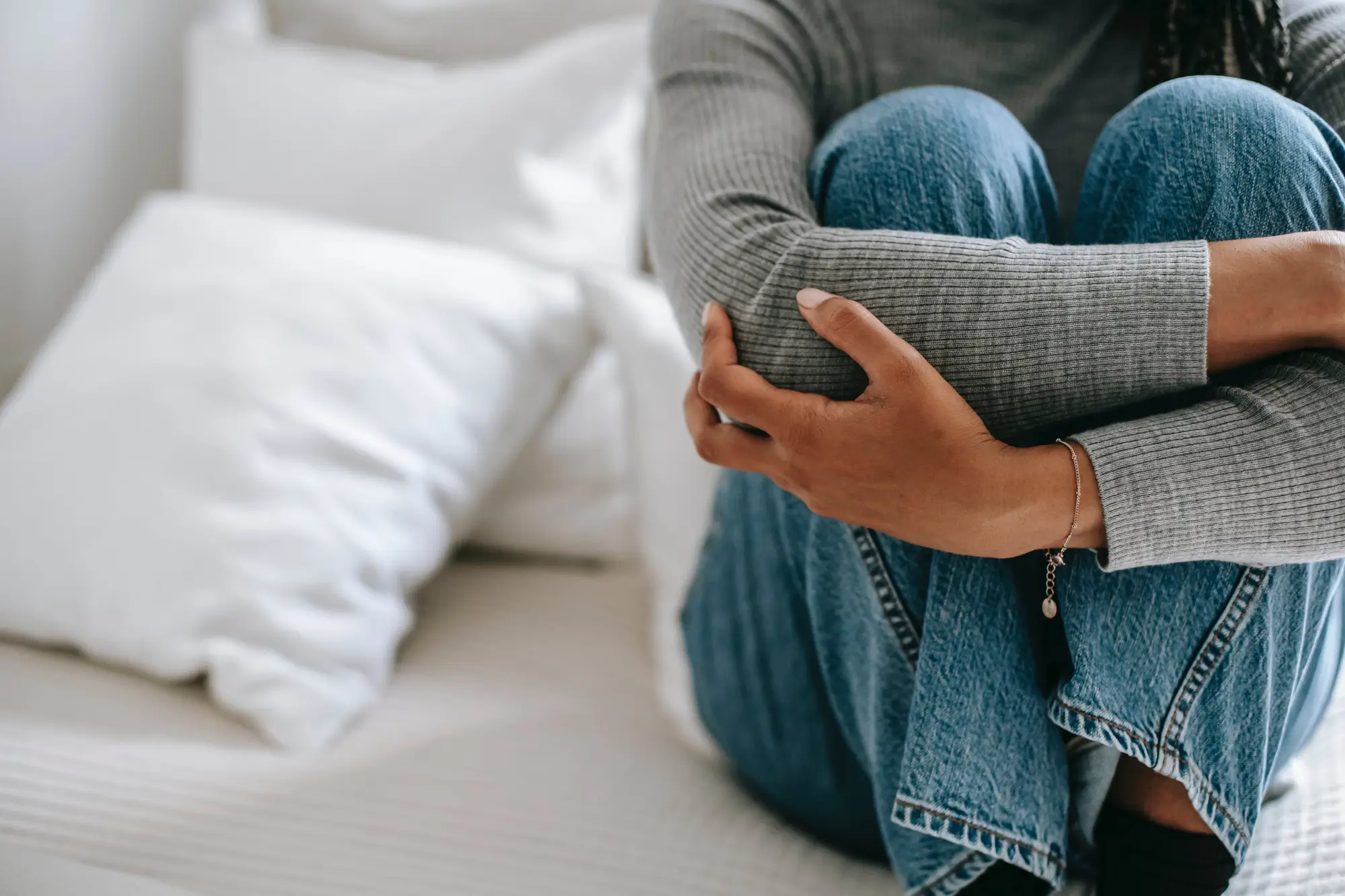
By Saira Gandhi
Victim blaming is the act of putting the blame elsewhere and treating someone who has experienced hurtful or abusive behavior, such as a survivor of sexual assault, as though it was their fault by insinuating that instead of placing the responsibility where it belongs which is on the person who harmed them. Understanding that sexual violence is never the victim’s fault is crucial. Sexual violence occurs when someone chooses to use harmful behaviors, not because someone is speaking or acting a certain way or because they were in a particular setting.
It's critical that we understand how easy it is for us to place blame on the victim. Knowing the causes of victim blaming will help avoid blaming others or yourself and teach people how to spot it when it occurs.
Some examples of phrases that sound like victim blaming are:
“What did you expect going out dressed like that?”
“You must have sent mixed messages.”
“How hard did you try to stop it?”
“Why did you get so drunk?”
Of course, there are multiple ways in which people might accuse victims directly or imply subtly that they much have encouraged the abuser (or failed to try hard enough to stop it).
People who tend to victim blame are frequently observed in courtrooms when the defense counsel argues that victims are to blame. The media is also accountable for victim blaming. People frequently criticize victims in social media posts and support accused rapists or attackers.
Victim blaming happens anytime someone asserts or suggests that a sexual assault victim was to blame. It’s not uncommon for people to act in this way to help them feel better about themselves. One reason people point the finger at a victim is to put themselves out of the unpleasant situation and establish their own protection to the risk. Others may perceive the victim to be different from themselves by labeling or accusing them.
Because this is such a pressing issue it is important to fight your own instincts of victim blaming which include your body language and facial expressions which can say a lot when talking to someone who’s being vulnerable with you. To demonstrate that you are paying someone your undivided attention, try to point your complete body in their direction. Avoid expressing discomfort in reaction to what they are expressing. Don't leave before they are ready to end the conversation and be totally present.
Start by recognizing how your interpretation of an account of sexual assault or rape is influenced by your own unconscious gender biases or your ideas of what the "perfect victim" appears to be. Don't allow those responsible put the blame for their actions on the victim, alcohol, or drugs. And lastly, confront victim blaming when you hear it.
Instead of saying the phrases above, choose your words carefully and try to use phrases like these:
“I believe you.”
“I know this can be hard to talk about. I’m listening.”
“Everything you feel about this situation is valid.”
There are many ways you can break the cycle of victim blaming. Speaking up to stop victim-blamers from humiliating or hurting survivors, assisting survivors in locating the tools they require to recover and rebuild their lives, and going with them to court if they decide to pursue legal action against their assailant are just a few examples. Additionally, pay attention to and believe victims and survivors at all times.
If you or someone you know has been affected by sexual assault or violence, please reach out! Call us on our 24/7 Help Line at 479-442-9811 and a trained advocate will be on the line to help you. You can also call our Help Line if you are looking for more information to refer community members to our services.
Sources:
https://www.verywellmind.com/why-do-people-blame-the-victim-2795911
https://www.verywellmind.com/sexual-assault-and-victim-blaming-4802707
https://www.sace.ca/learn/victim-blaming/
https://centerstone.org/our-resources/health-wellness/how-to-avoid-victim-blaming/



